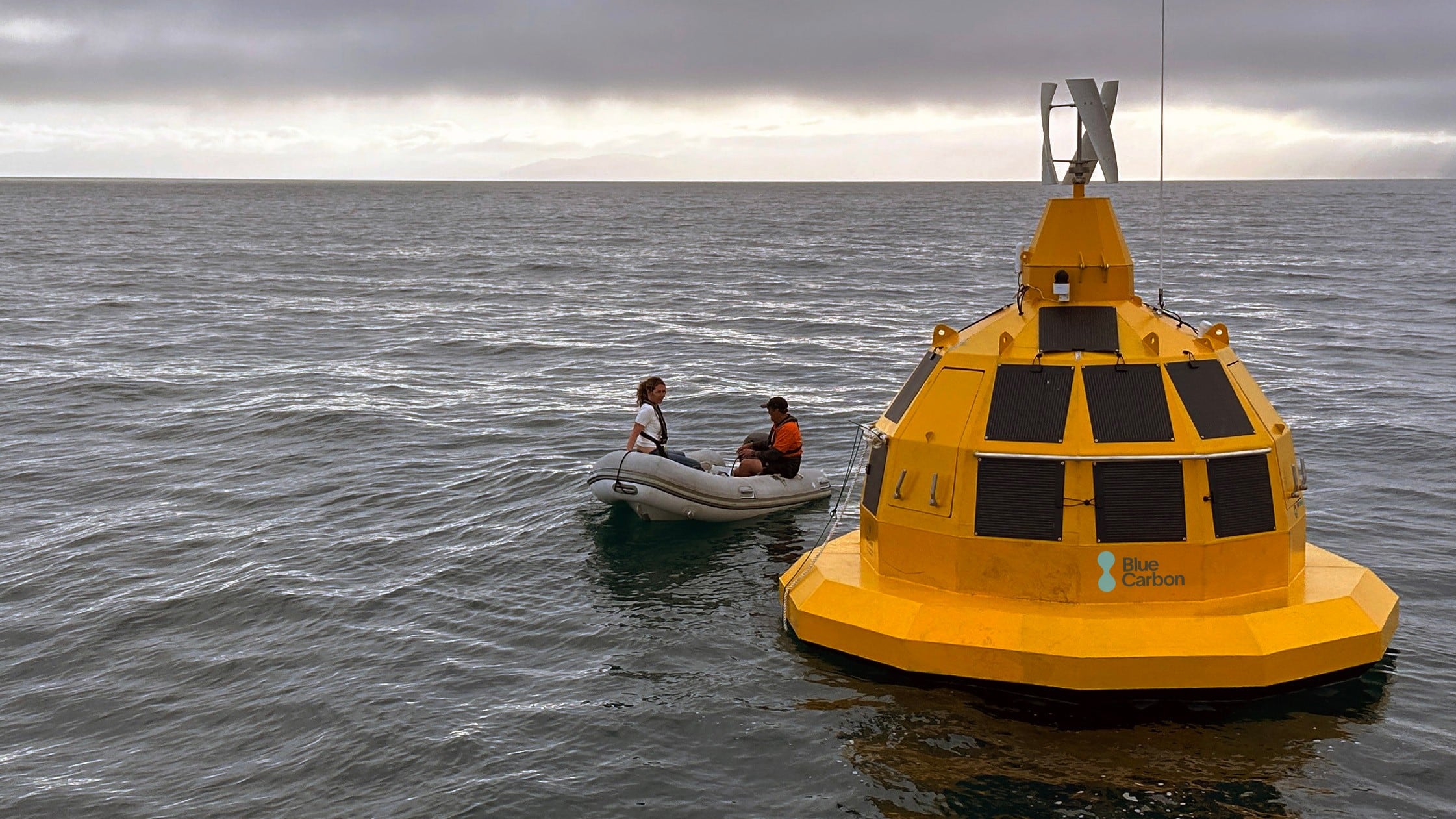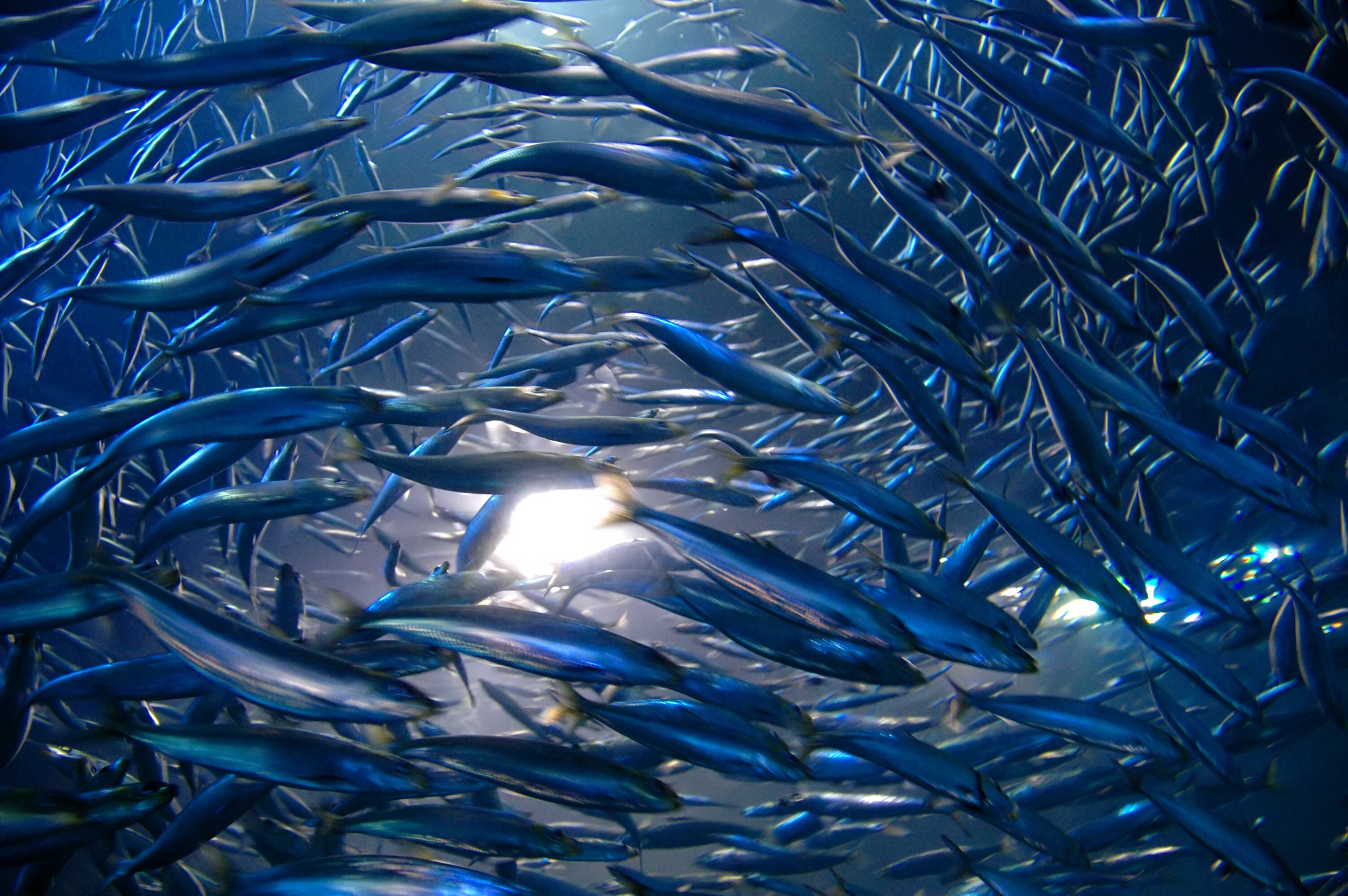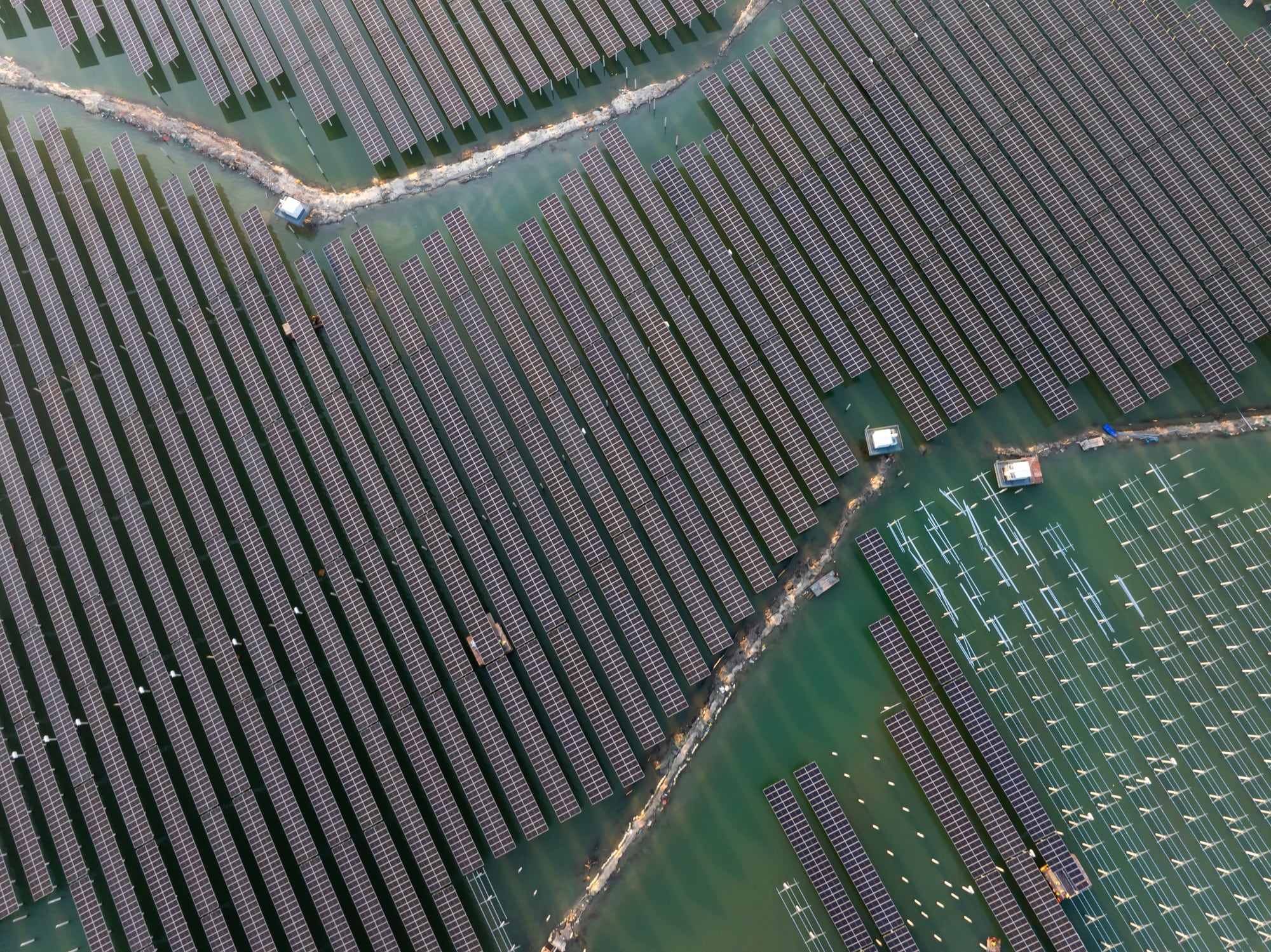Asia Pacific’s aquaculture industry is the most dominant in the world, producing around 90% of the world’s seafood, according to the Food and Agriculture Organisation (FAO).
Comprising with many smallholder farmers of coastal communities, Asia’s aquaculture industry is highly vulnerable to the impact of climate change.
Speaking to AgTechNavigator, Blue Carbon CEO and co-founder Dr Ana Novak, is confident its innovative oPod can play a key role in helping the sector become more resilient to the challenging conditions.
“We are not a company that just sells industrial equipment. We see ourselves as partners for companies looking to thrive in the coming years that promise the challenges of a warming ocean. For us, the long-term view that underpins many Asia Pacific companies, and their understanding of the critical nature of decarbonising and building resilience is something that creates a firm link between us and our prospective customers in the region.”
Its technology can help mitigate the widespread and severe impacts of Harmful Algal Blooms (HAB) across Asia, other ocean-warming related issues like disease, pests and on aquaculture operations.
In addition to climate concerns, the company sees rising regulatory scrutiny that is driving demand for technologies that can enhance aquaculture resilience.
“With regulatory pressures increasing, and a rapidly growing market looking to de-risk their supply chain, Blue Carbon is well positioned to help customers face the challenges of a warming ocean,” said Novak.
She added: “Given the importance of the region to the sector, in size, technological maturity and its long-term growth potential, it’s the natural direction for Blue Carbon to head to as we build traction and consolidate in Australia before heading internationally.”
The company is working to Trade and Investment Queensland (TIQ), the Queensland Government’s global business agency, to expand its business.
This year, the Australian company introduced the oPod system to World Expo Osaka, which drew attention from large seafood multinationals based in Japan, said Novak.
It signalled a strong demand for climate-resilient aquaculture solutions in the region.
“Our trip to Osaka quickly became a trip to Tokyo where we met with three major seafood producers. Having such an immediate response from industry heavyweights, whilst still just the beginning of our entry into Asia, seems to indicate a firm demand that confirms the response that we have been seeing locally in Australia,” said Novak.
She added: “For us, the long-term view that underpins many Asia Pacific companies, and their understanding of the critical nature of decarbonising and building resilience is something that creates a firm link between us and our prospective customers in the region.”
Ocean-powered pods
Blue Carbon’s oPods replicate the ocean’s natural vertical circulation, bringing nutrient-rich, cool water to the surface, and can be applied across global ocean industries to restore ecosystems, support carbon capture, and decarbonise aquaculture.
“Our oPods form a system where customers can detect changes in seawater quality and then act on them before a problem becomes a disaster. Our oPod Mini detects up to nine ocean parameters 24/7, with a constant feed, so our customers can respond swiftly. With clear and current information, customers can use oPod Aqua to provide fresh seawater delivered from depth, which both cools and flushes stock,” explained Ana Novak.
According to Novak, the oPod system was designed to be “plug and flow”, allowing it to integrate easily into sea pen systems or plugging into land-based water intake and dispersion.
The floating devices are also sustainably powered by wave and solar energy.
“The system is powered by direct ocean movement – with added solar for electronics. The energy source and energy output are coexistent. Blue Carbon’s wave powered oPod technology removes the need for diesel generators traditionally used in aquaculture delivering a saving of 50% in annual OPEx costs,” said Novak.
Over the next 12 months, the company plans to move beyond proof of concept and begin rolling out its technology across multiple sectors, including aquaculture. It is working closely with customers to establish a strong foothold in Australia as part of a consolidation strategy, ahead of a planned international expansion.
It is also in talks with State and Federal governments to explore ways it can assist in responding to the harmful algal bloom that has devastated South Australia’s coastline for the past eight months, as well as address the growing impacts of marine heatwaves on the Great Barrier Reef.
Novak said: “If we can lower the impacts of warming ocean-related disasters, whilst simultaneously standardising the decarbonisation of aquaculture, this can unlock immense value for the industry across the region, whilst also providing the opportunity to make a significant impact on the industry’s ecological footprint, both locally and globally.”





